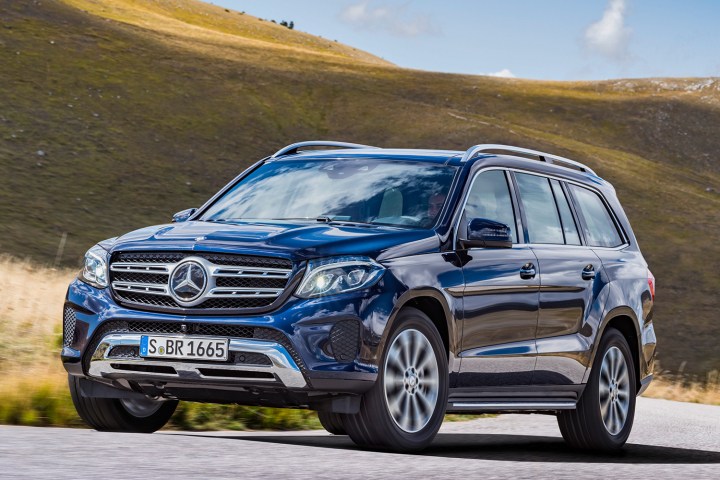
VW was arguably the most enthusiastic about diesels in the U.S., but it wasn’t the only carmaker selling them here. Mercedes-Benz offers a handful of diesel models, although slow sales, tougher emissions standards, and increased scrutiny resulting from the Volkswagen scandal have weakened its resolve. Mercedes may even stop selling diesels in the U.S. entirely, according to Automotive News (subscription required).
The automaker is still working on certification for a limited number of 2017 diesel models, Matthias Luehrs, vice president of sales and product management for Mercedes-Benz Cars, said in an interview at last week’s 2016 Los Angeles Auto Show. The company is conducting market research to determine whether to continue offering diesels beyond the models already in the pipeline, he said.
Ending U.S. diesel sales is a “theoretical option,” Luehrs said. Mercedes expects the first results from its diesel market research next year, but Luehrs noted that North American demand for diesels is already low and “still lowering.”
Mercedes is still trying to get Environmental Protection Agency (EPA) certification for diesel versions of the GLS-Class, GLC-Class, and GLE-Class SUVs, with the GLS diesel as its highest priority. The automaker recently confirmed that it will not import the C300d diesel sedan, which was originally slated to go on sale in the U.S. earlier this year.
While Mercedes is growing less confident in diesels, other automakers are holding steady, or even discussing plans for new ones. At the L.A. Auto Show, Audi of America president Scott Keogh told Reuters it would make sense for the luxury brand to offer a diesel version of its Q7 SUV in the U.S., while Mazda hinted that it might offer a diesel engine in its redesigned 2017 CX-5, according to multiple reports. Don’t expect a diesel renaissance though; if they survive at all, diesels will continue to be niche items in the U.S.
Editors' Recommendations
- Mercedes-Benz EQG: range, price, release date, and more
- Mercedes to trial humanoid robots for ‘low-skill, repetitive, demanding’ jobs
- VinFast is bringing a mini electric SUV to the U.S., and maybe a pickup, too
- Part plug-in, part dragster, the Mercedes-AMG GLC63 is an SUV of many faces
- How do you crash-test an EV with an 871-pound battery? Mercedes showed us


